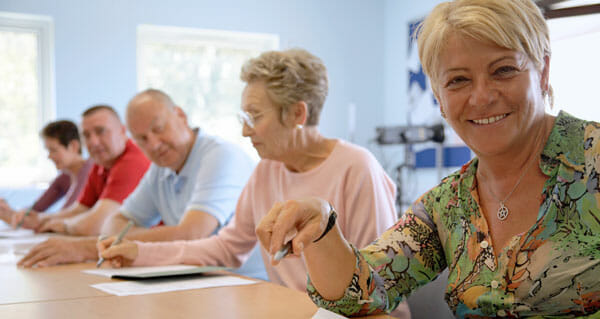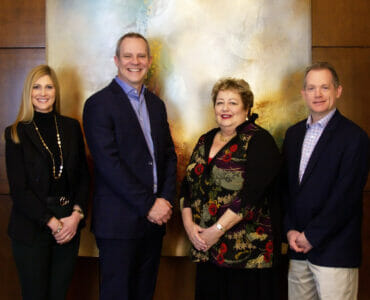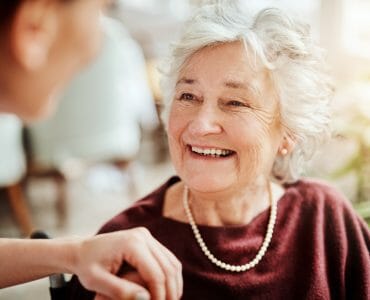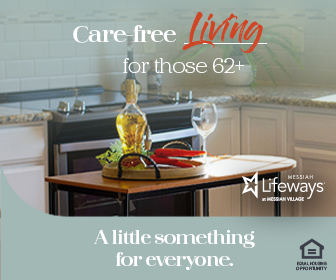“Between 1900 and 2000, average life expectancy increased by nearly 30 years in the United States and most other developed countries of the world, and the developing world is catching up quickly. For the first time in history, most people now being born can expect to live seven, eight, nine, or more decades. This achievement changes not only the trajectory of individual lives but also the shape of societies: Adults 60 and older are now the fastest-growing segment of our population…”
“Many older-adult patients wanted to make a difference in the world but, finding no role for themselves, were treated as socially useless. Having created a new stage of life, the next step is to make it meaningful.”- Linda P. Fried
Making aging positive may sound like a simple task, but finding how each individual can enhance their next 25 to 30 years may not be so simple. Many older adults have a desire to make a difference in the world, which involves having a meaning or purpose to life. The recent article, Making Aging Positive from The Atlantic, states what research concluded, that an individual’s physical and mental well-being are enhanced if empowered to make personal decisions. A personal choice of many older adults is to contribute to the next generation and “leaving the world better than you found it.” Unfortunately, many years of experience and knowledge is overlooked because society as a whole does not value individuals who have grey hair and wrinkles.
Making Aging Positive gives examples of ways to “change the lens” on how we view aging. Older adults want to feel needed and have a desire to “contribute in a meaningful way.” Research shows that older adults are great volunteers. Many studies have found that these volunteers are living longer because of improved physical, mental and social health.
There are many volunteer programs and models of senior service. When older adults volunteer and/or teach the next generation, its value becomes twofold. While helping or doing for others, they can simultaneously improve their own physical, mental, and social well-being. All generations benefit from volunteering and serving one another, and our economy benefits as well.
The shift in perspective, outlook, and influence for older adults is imperative and inevitable. Statistically and philosophically being an older adult now is unlike it ever has been in human history. It’s not only the path our society is taking, but it’s the essence of creating more optimism and opportunity as we age. Messiah Lifeways continue to evolve and innovate the way that we view aging. Programs like Pathways Institute for Lifelong Learning, Coaching, Connections, Wellness and Volunteering typify Messiah Lifeways’ committment to making aging positive. We look to “change the conversation” just as Linda Fried challenges readers to make growing older a more positive and enriching time of life.
If you would like to read the entire article, Making Aging Positive, please follow the link to this story.
Linda P. Fried is the dean and the DeLamar Professor at the Columbia University’s Mailman School of Public Health
Source: Fried, L.P. (2014, June 1). Making Aging Positive, The Atlantic. The Atlantic Monthly Group.





